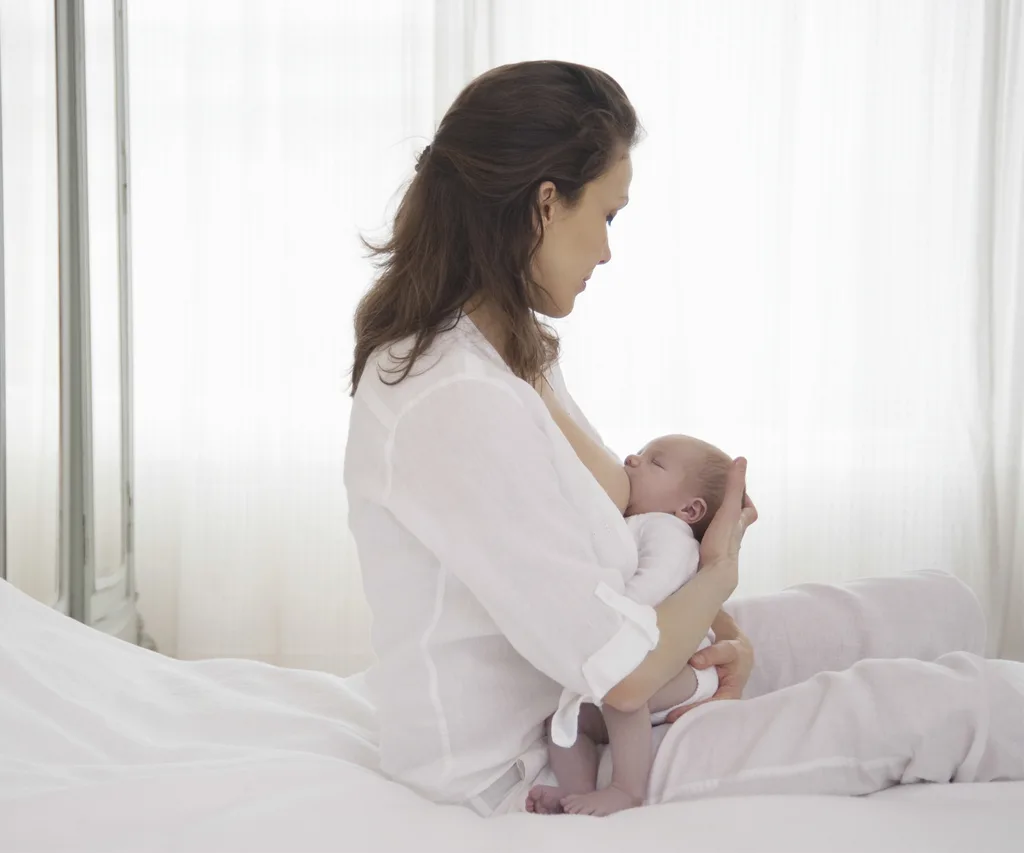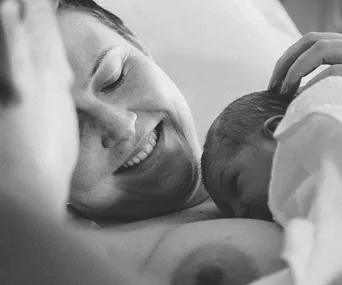There are many scientifically proven benefits to breastfeeding but a new study casts doubt on whether breastfed babies are any smarter than their formula-fed counterparts.
The study, published in the journal Pediatrics on Monday, found that children who were breastfed until they were at least six months old were less hyperactive and better problem solvers at age three but these same benefits were found to be negligible by age five.
“We weren’t able to find a direct causal link between breastfeeding and children’s cognitive outcomes,” study author Lisa-Christine Girard, a researcher at University College Dublin, told NPR.
The study, which began at the age of nine-months, collected data from roughly 8,000 Irish children, who were born full-term.
At ages three and five, the children were asked to take a standardised test used to measure vocabulary and cognitive skills; parental and teacher assessment of problem behaviours were also taken into consideration.
While breast-fed kids scored higher than their peers in the testing, Girard explains that the difference was so minimal it has been classed as a “statistical wash.”
Of course, a wide range of factors can influence a child’s cognitive development – including, socioeconomic standing, the mother’s level of education, risky behaviours like drinking or smoking while pregnant and access to adequate prenatal care.

While the study found that breastfed children were less hyperactive at age three this benefit disappeared by age five.
“Breastmilk does have benefits for a child, but not necessarily in terms of cognitive development. If mother’s can breastfeed, then definitely they should try even if it is for the medical benefits,” Girard says.
“But at the same time, if a woman is unable to, I don’t think they should worry about their child’s cognitive ability or brain development.”
The takeaway message? It’s high time we dropped the “Breast is Best” mantra.



